Just Two Steps: Schools of Inclusion and Participation
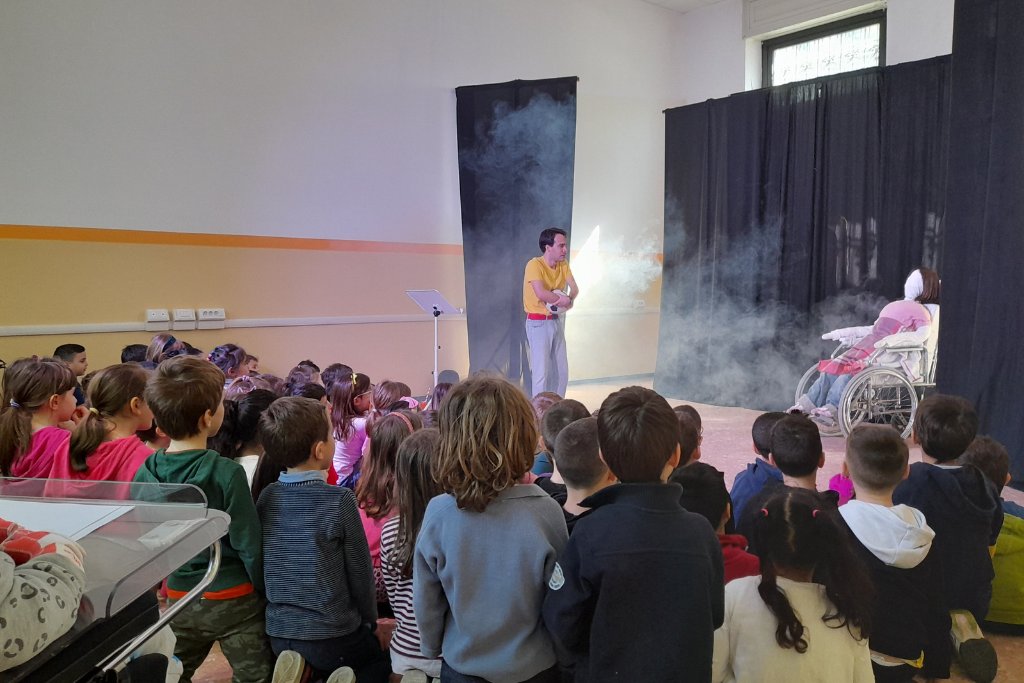
The Project
The project “Just Two Steps: Schools of Inclusion and Participation” is implemented in Italy and Hungary thanks to the co-financing of the European Union under the Erasmus+ program.
The goal is to make schools more inclusive and accessible environments where all children, with and without disabilities, can fully develop their potential: personality, talents, creativity, and skills.
To achieve this goal, the project focuses on enhancing the knowledge and skills of school staff, addressing physical, cultural, and behavioral barriers, and involving the entire educational community (teachers, families and students).
The Context
In Italy, during 2022/2023 school year, nearly 338,000 students with disabilities attended schools of all levels, accounting for 4.1% of the total enrolment (a 7% increase, 21,000 more students compared to the previous school year).
In Hungary, during 2019/2020 school year, students with special educational needs accounted for 6.04% (40,661 in primary school, 17,335 in secondary school), with a steady increase from less than 83,000 in 2015 to 91,000 in 2019.
General Objective
To promote the right to inclusive education for children with disabilities (UN Convention on the Rights of Persons with Disabilities and European Commission's 2021-2030 Strategy for the Rights of Persons with Disabilities).
Specific Objectives
• To train school staff with knowledge and skills in inclusive teaching.
• To promote the active participation of students to enhance sensory accessibility in social and school contexts.
• To disseminate inclusive behaviours towards children with disabilities through their empowerment and that of their families.
Direct Beneficiaries
• 900 children with and without disabilities, prioritizing the age group 6-14 years.
• 45 teachers, trainers, and school administrators.
• Families of children with disabilities.
Indirect Beneficiaries Families of children without disabilities, local school and educational services, general public.
Activities
- Community of Practices: School staff engage in training and exchange of experience to acquire knowledge on the rights of persons with disabilities and skills in Universal Design for Learning (UDL).
- CBM theatrical performance “Just Two Steps” and inclusion and participation workshops: Students and teachers participate to make their social and school environments more accessible and inclusive.
- An international group of self-representation and advocacy: Students with disabilities and their families develop awareness tools to promote a culture of inclusion, fight prejudices and discrimination, and encourage inclusive behaviors in school and extracurricular settings.
Results
The project achieved significant results, fostering collaboration and promoting inclusive education at multiple levels.
R1: 20 teachers actively participated in a European community of practices, exchanging knowledge and experiences to refine and strengthen inclusive teaching skills. This process led to the creation and collection of inclusive learning materials designed following the Universal Design for Learning (UDL) approach, ensuring accessibility for diverse student needs.
Just 2 steps_Community of practice.pdf
R2: A total of almost 900 students and 50 teachers engaged in the joint development of solutions to enhance school accessibility. This collaborative effort resulted in the creation of an educational toolkit for teachers, equipping them with practical strategies to replicate the activity, as well as a comprehensive white paper that collects all the solutions created by the students, advocating for inclusion and participation in schools.
Just 2 steps_Schools of inclusion.pdf
R3: Students with disabilities and their family members contributed to the development of recommendations to improve inclusion and accessibility, providing firsthand perspectives on necessary improvements. They also produced an awareness-raising video to promote a culture of inclusion and sensitivity towards accessibility challenges in education.
Just 2 steps_Guidelines_Schools of inclusion.pdf
Italian subtitles: https://youtu.be/LpT1hHQklEA
Ungarian subtitles: https://youtu.be/fb6tqOsfnNs
English subtitles: https://youtu.be/lT_cdovJ62o
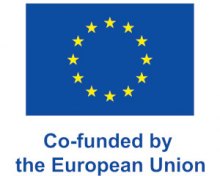
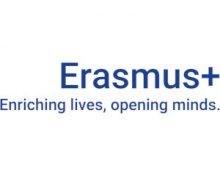
Partners
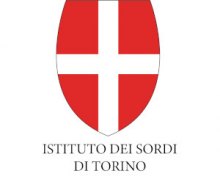
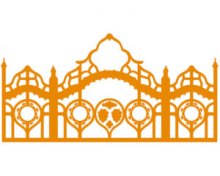
Co-funded by the European Union. Views and opinions expressed are however those of the author(s) only and do not necessarily reflect those of the European Union or the European Education and Culture Executive Agency (EACEA). Neither the European Union nor EACEA can be held responsible for them.